Earth news stories
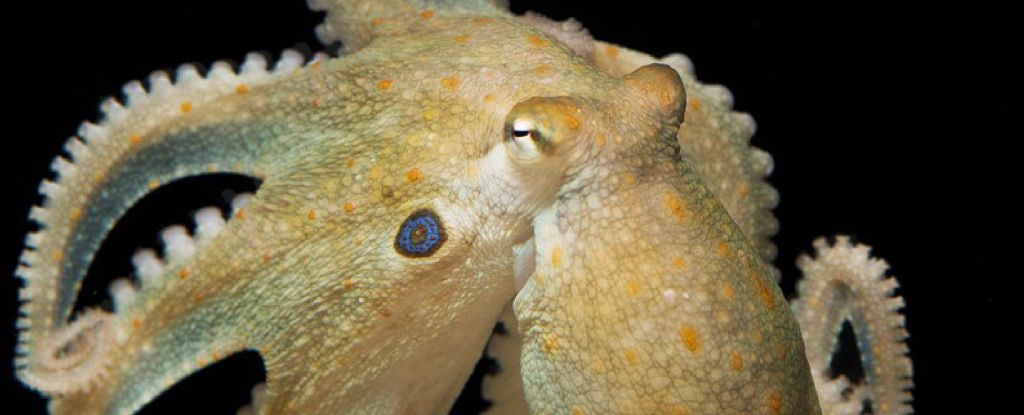
Octopuses have found an incredible way to protect the more delicate features of their nervous system against radically changing temperatures.
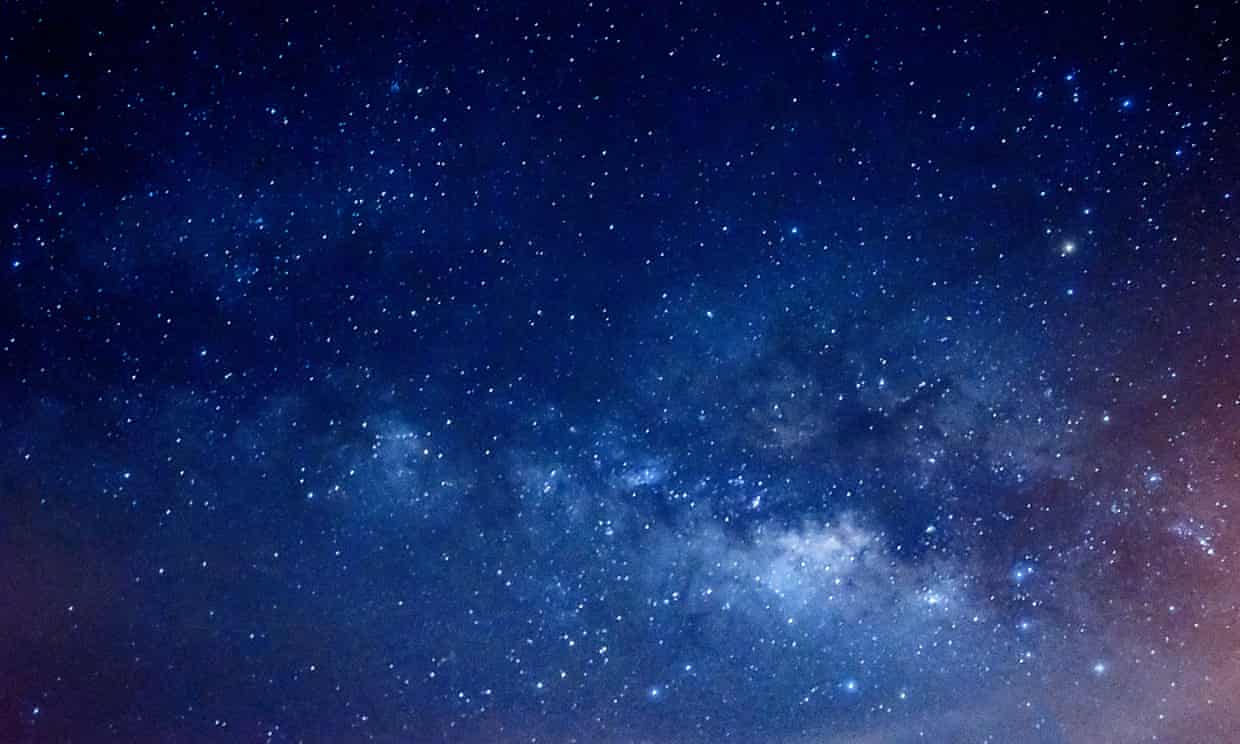
The increased use of light-emitting diodes is obscuring our view of the Milky Way as well as taking a toll on human and wildlife health.
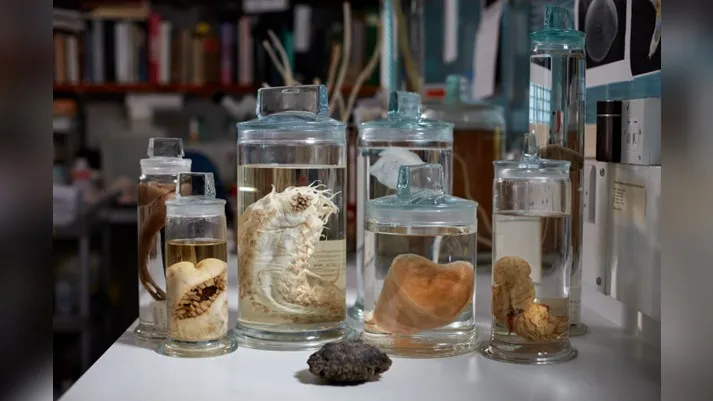
More than 5,000 undescribed animal species have been discovered in the depths of a massive “pristine wilderness” in the Pacific Ocean, a new study shows. But researchers warn they could soon be wiped out by deep-sea mining.

In a forest clearing of birch and pine trees in what is today central Europe, herds of long-extinct beasts once gathered to drink on the shores of an ancient lake. Now, researchers have confirmed that early human relatives and their children foraged and bathed among them. See the study here.
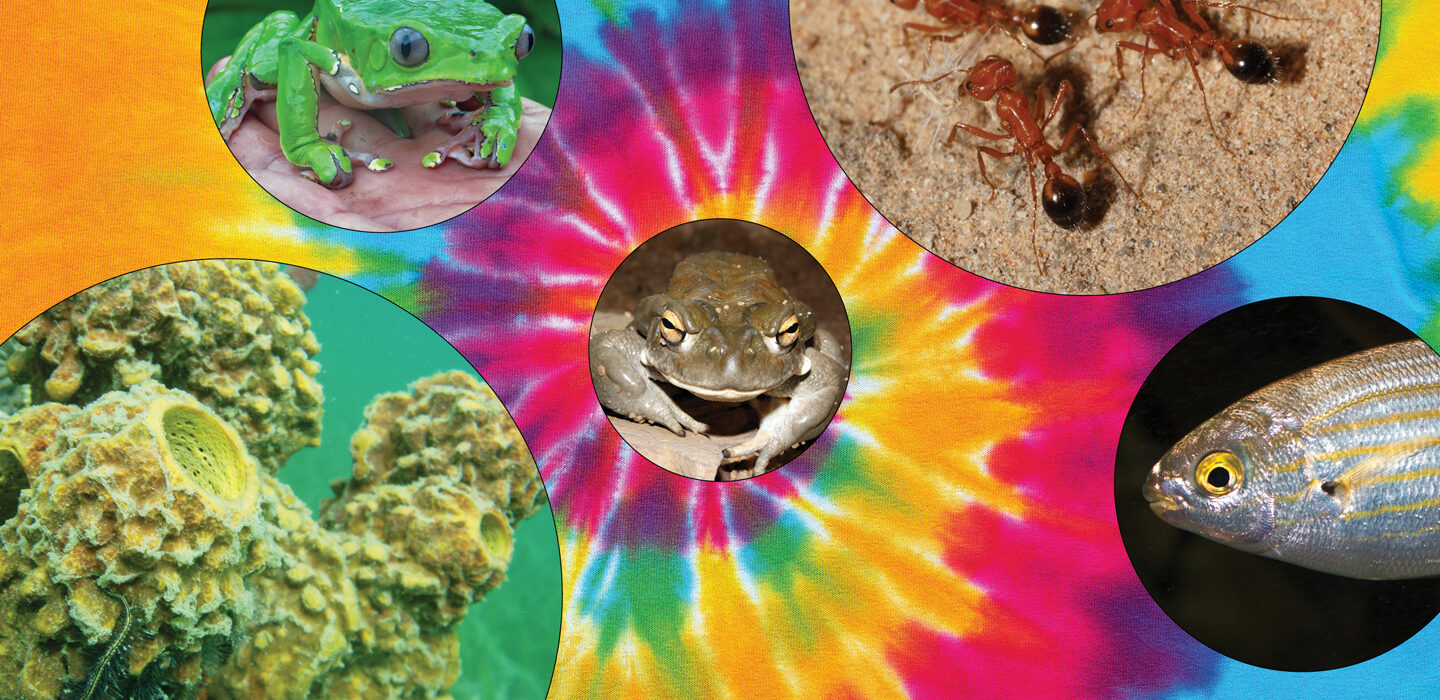
We at Science News heard the PSA loud and clear: Just leave this toad alone. But we couldn’t help but wonder: What other amazing animals may have psychedelic potential? Join us on a tour, by land and sea, of some of the world’s mind-altering fauna.
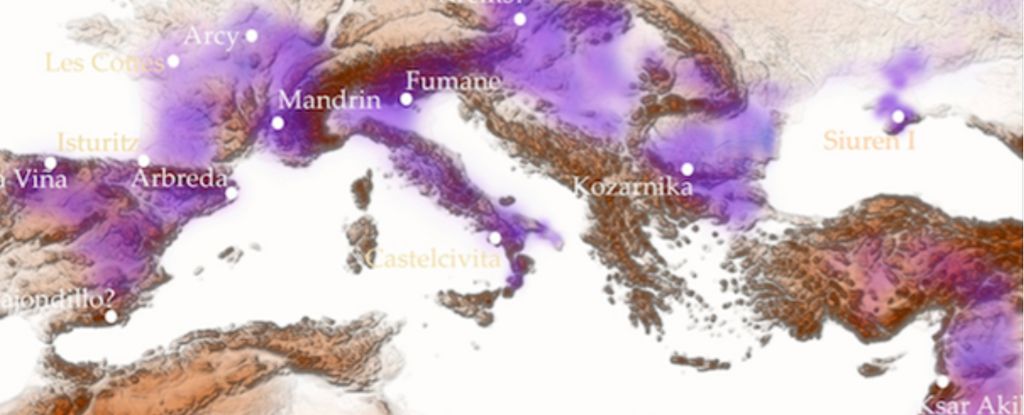
Scientists are rewriting the story of how modern humans first spread out of Africa, and it might contain more run-ins with Europe’s Neanderthals than previously recognized. See the study here.
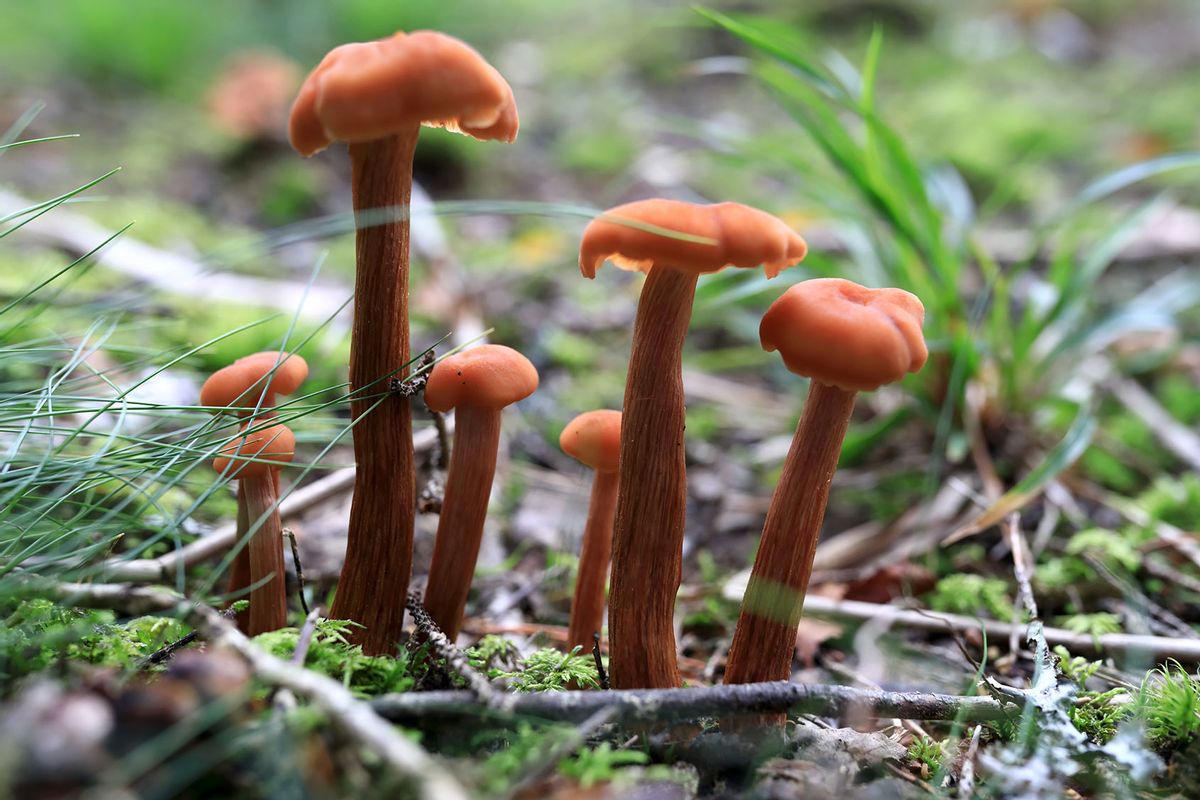
A new study in the journal Fungal Ecology found that a certain breed of mushroom seems to “talk” using electrical signals — and intriguingly, they get especially chatty after a nice rain. The way they talk after the weather — perhaps about the weather? — has not been reported before.
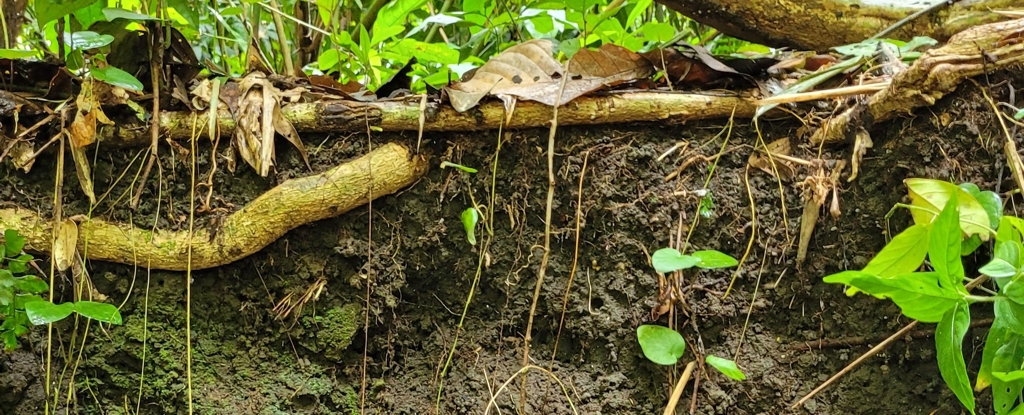
The traditional knowledge that once helped cultivate this precious ecosystem could now help it recover, according to new research by researchers from the University of São Paulo, the Brazilian Agricultural Research Corporation, and the National Institute for Amazonian Research in Brazil.
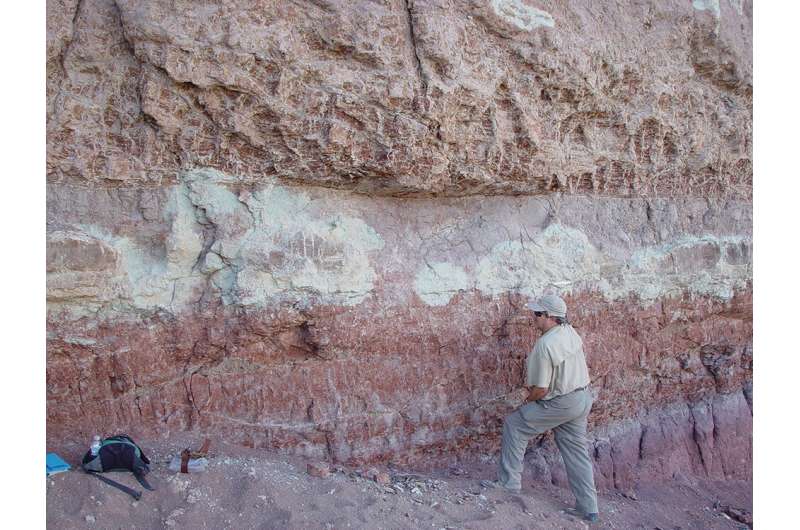
A geological study of the rock formation that encased a fossilized example of the world’s biggest “raptor” shows it’s 10 million years older than previously understood.
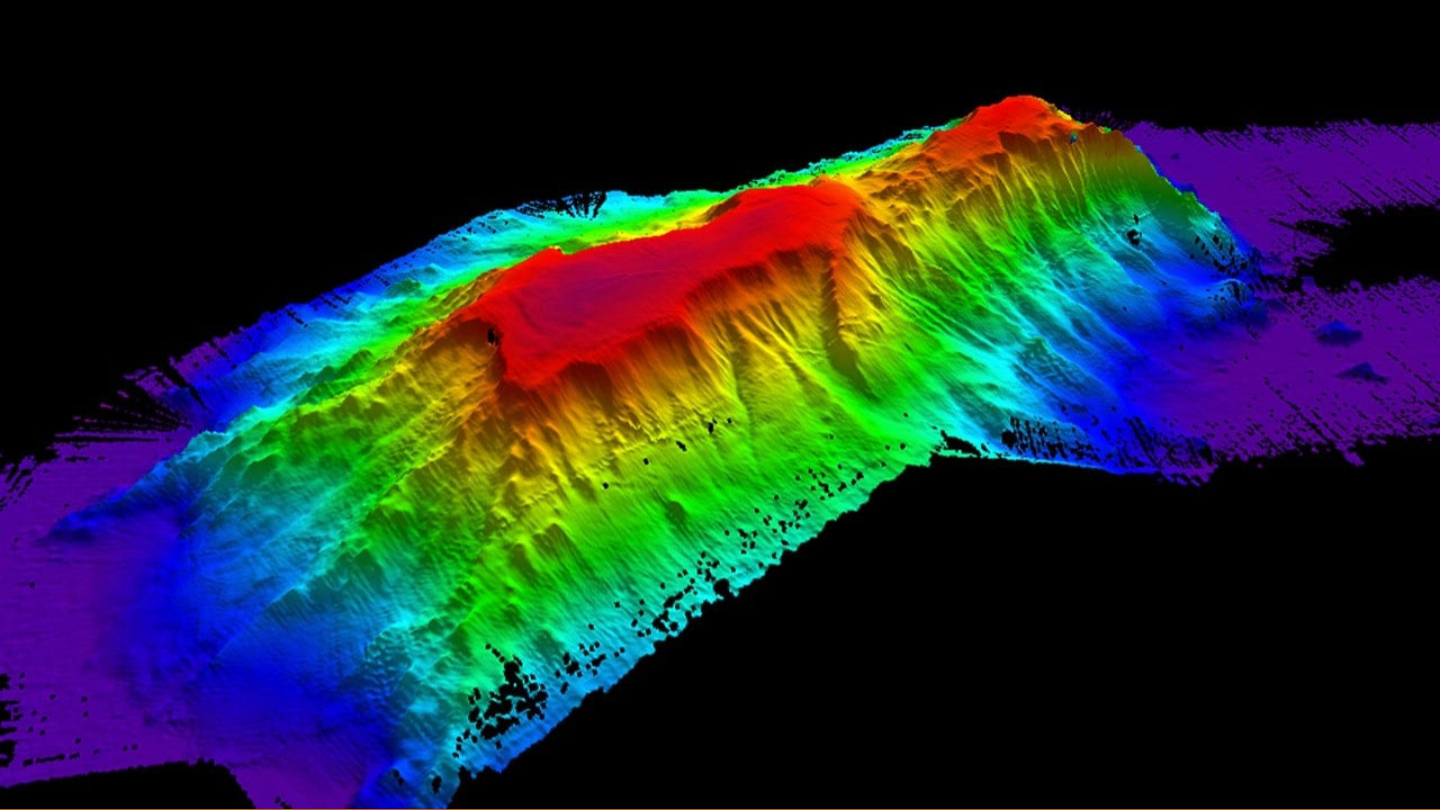
The number of known mountains in Earth’s oceans has roughly doubled. Global satellite observations have revealed nearly 20,000 previously unknown seamounts, researchers report in the April Earth and Space Science.
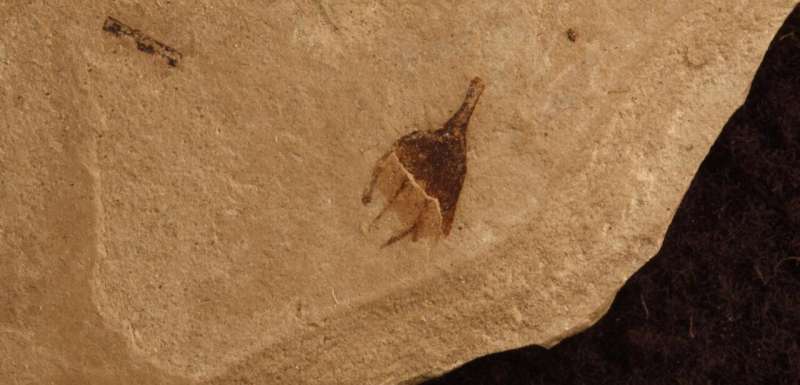
Botanists and paleontologists, led by researchers from CU Boulder, have identified a fossil chili pepper that may rewrite the geography and evolutionary timeline of the tomato plant family. See the research here.
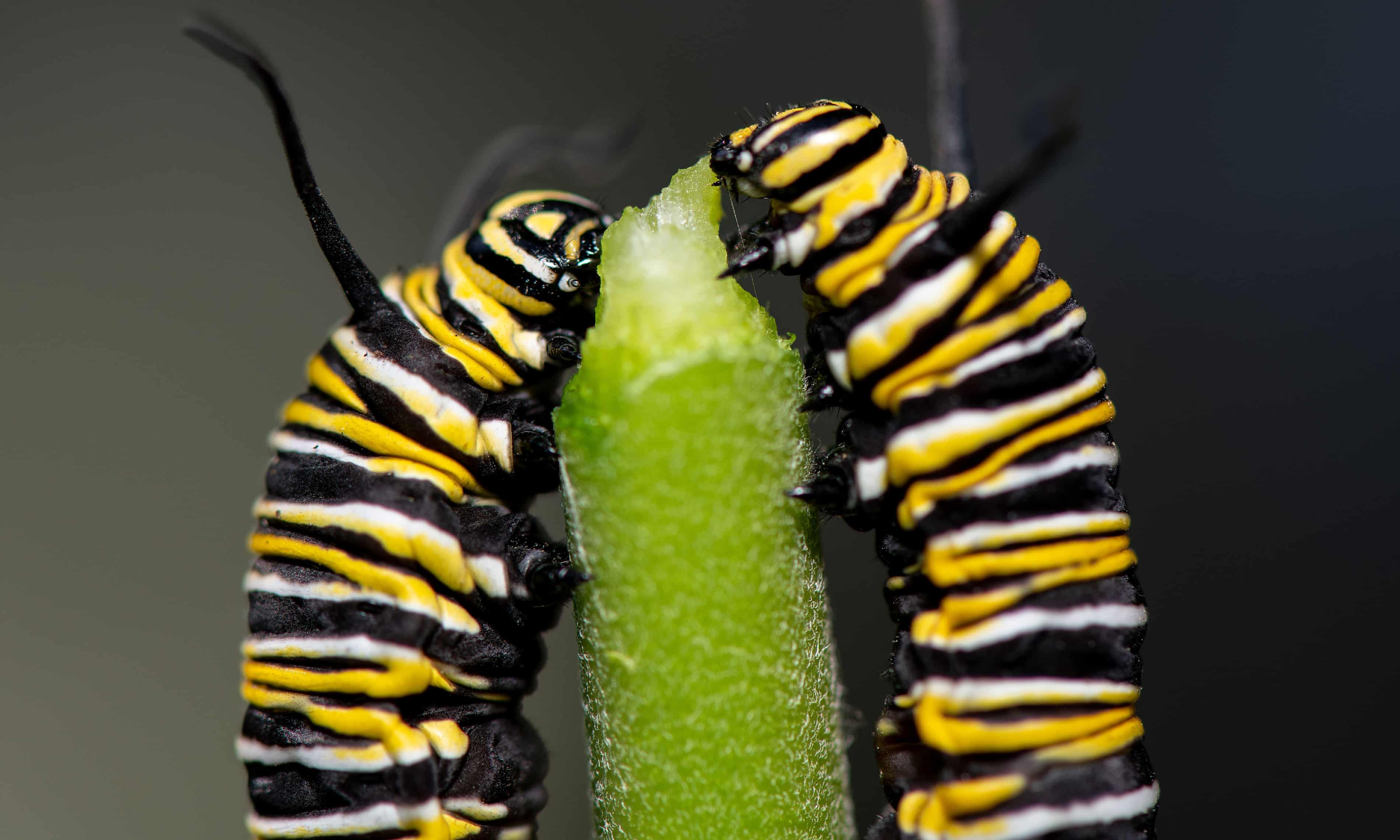
What are the most successful organisms on the planet? Some people might think of apex predators like lions and great white sharks. For others, insects or bacteria might come to mind. But few would mention a family of plants that we see around us every day: grasses.
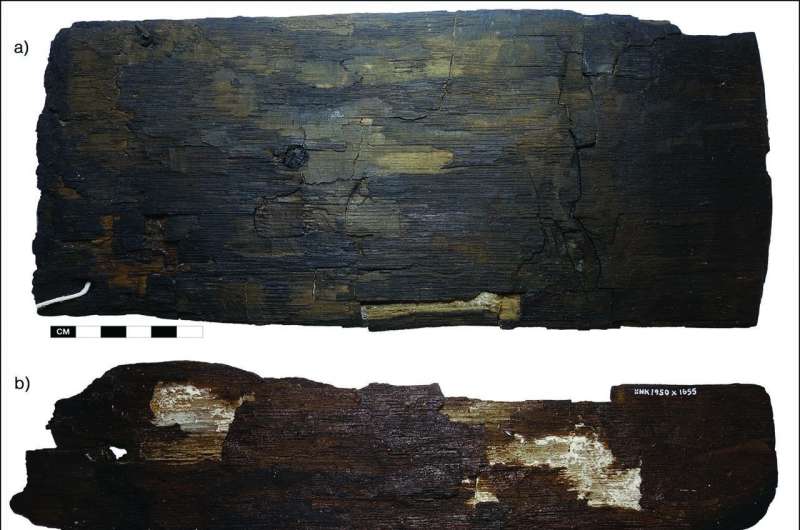
Historical records have long suggested that medieval Norse colonists on Greenland (AD 985–1450) relied on imported material such as iron and wood. Until now, it has not been fully recognized where these imports of wood came from. See the study here.
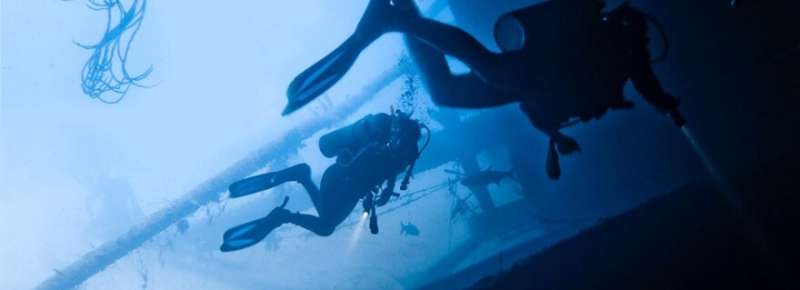
Traces of the past remain hidden in rivers, lakes and seas. But we rarely look underwater and, as they say, out of sight is out of mind. In his inaugural lecture Martijn Manders will explain why underwater archaeology is so important to understanding our history.

What do medieval monks and volcanic eruptions have in common? According to a team of researchers led by the University of Geneva, quite a bit because chronicles from the 12th and 13th century are helping volcanologists to precisely date ancient eruptions based on descriptions of lunar eclipses. See the research here.
Image from: .scopex (Wiki Commons)
In the depths of a network of underwater caves, Julien Louys has been on the trail of some rather unusual animals. Despite the sunken setting, these creatures weren’t forms of marine life — they were giant marsupials, and they became extinct tens of thousands of years ago.








